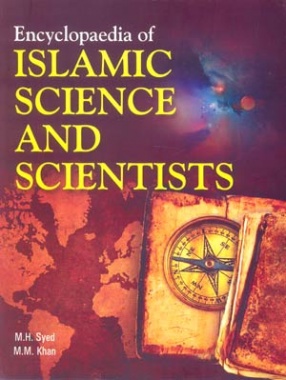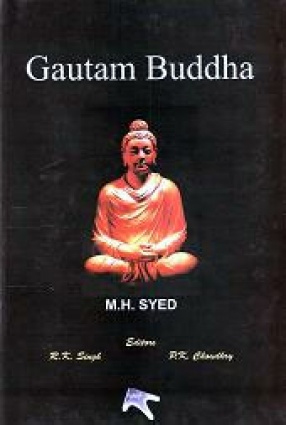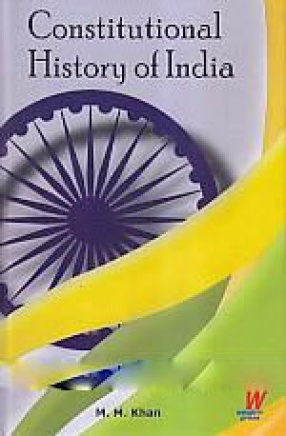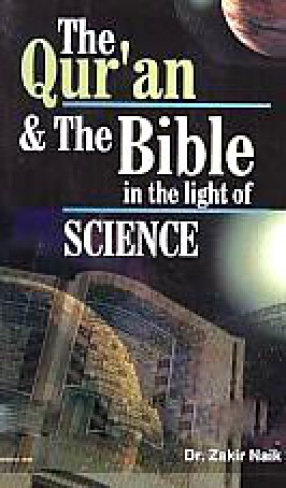Most progressive among all faiths in the contemporary world, Islam is not only a religion, but also a complete code of life. Introduced in the beginning of the 7th century, Islam removed the thick blankets of ignorance, which were covering whole of the Arabian Peninsula. Prophet Muhammad (Pbuh) invited people to Islam, to which they responded very harshly and inhumanely. Apart from religious and moral aspects, Islam laid special emphasis on the attainment of education, as an obligatory duty, enjoined on both males and females. It is in this background that Islamic scientific era refers to various diverse developments, caused by Muslim scientists, during the period, known as Islamic Golden Age. Most of the significant scientific advancements were made from 8th to 15th century. All the sciences of this period are sometimes referred to as Arabic sciences, because of the language-Arabic, the (then) lingua franca.
The Islamic approach recognizes the limitations of the human mind and acknowledges that all knowledge and wisdom vest in Allah, the Almighty alone. The distinguishing feature, which made Islamic science, superior to that of its western counterpart, is the higher degree of ethics and values. On the country, modern science has endless pre-occupations that have little or no consideration, in respect of ethics or morality. There are hardly nay comprehensive and exhaustive books on the subject and there was being felt a pressing need to bring out an authentic work. This voluminous work is a precious asset for all scholars, researchers and all those, engaged in an academic pursuit, concerning Islamic Studies.










There are no reviews yet.